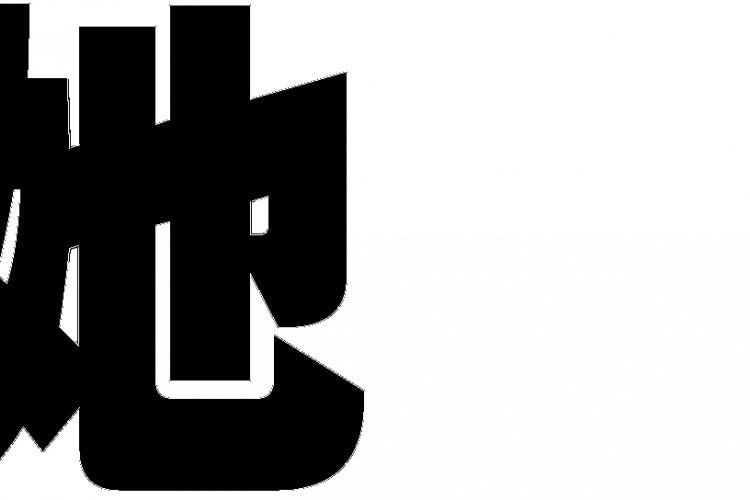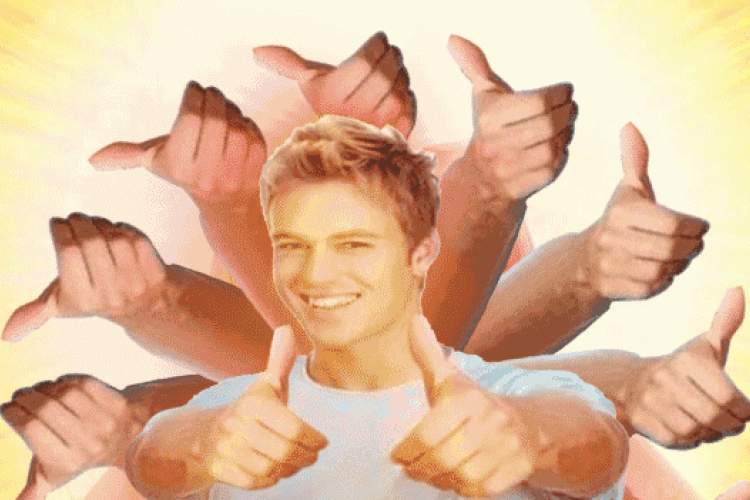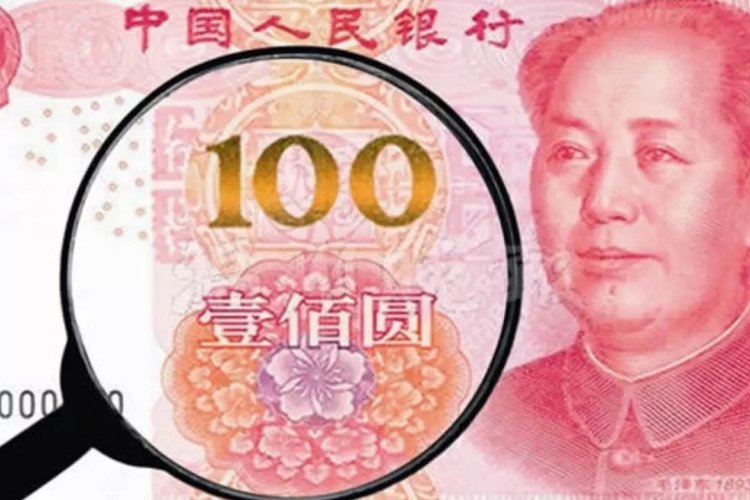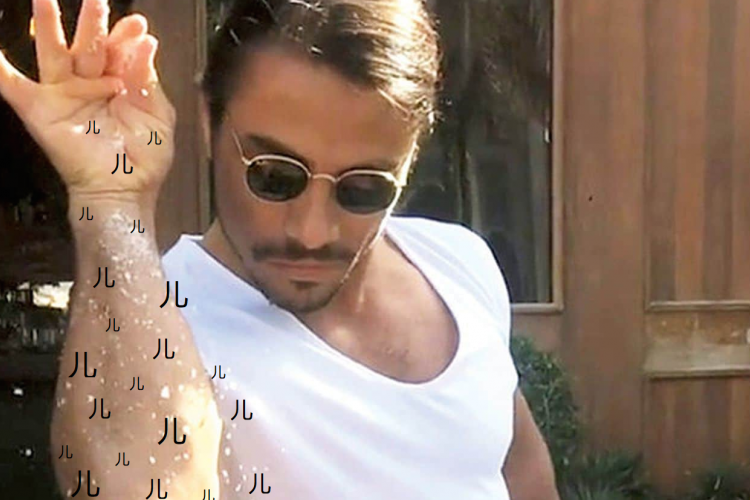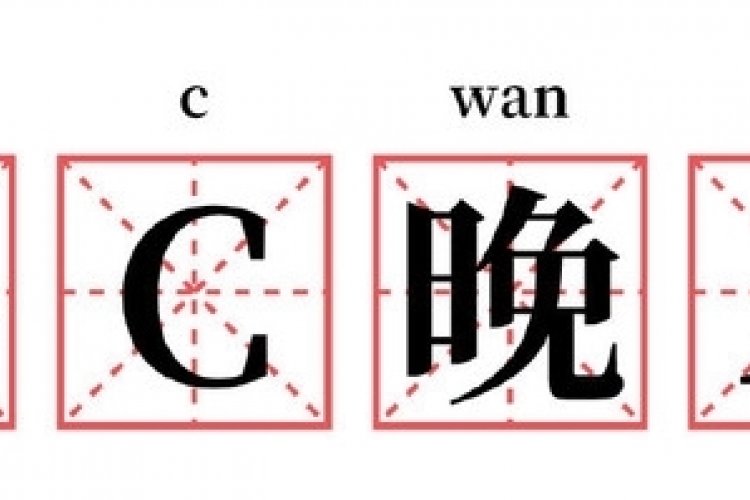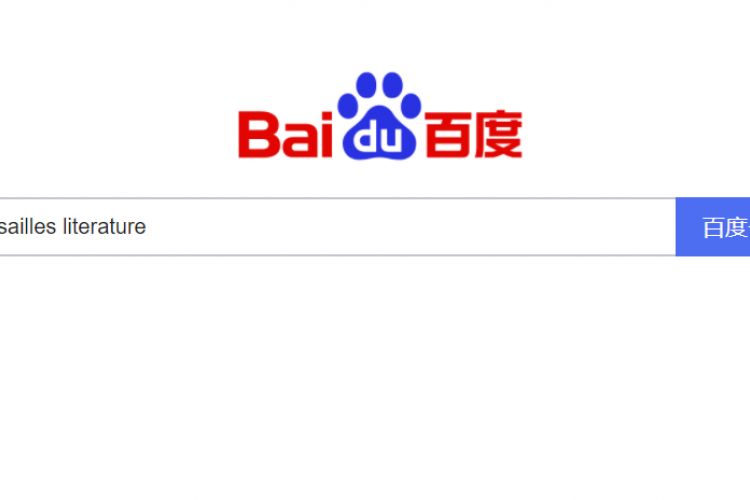Mandarin Monday: Judge These Characters by How They Look
Mandarin Monday is a weekly column where we help you improve your Chinese by detailing learning tips, fun and practical phrases, and trends.
Discerning Mandarin's five tones is difficult enough, however, memorizing characters is a different beast entirely. Despite two characters looking virtually identical, their meanings can often be worlds apart. And yet, even ancient Chinese scholars tasked with devising new characters and words would slack off now and again, simply combining the shape and meaning of two pre-existing characters to create something new.

The 不 bù gang
不 bù negative – Linguistically speaking, the role that this character plays in conjunction with another is akin to negative prefixes in English, such as un- and in-. As such, the meaning of these characters is relatively easy to comprehend since they essentially turn the character beneath into the negative form of itself.
甭 béng don’t/no need to do something – Stack 不 bù on top of 用 yòng and you end up with this character. And if you already know that yong means need or require something, then adding bu to it means don't need or aren't required to do something. Easy squeezy.
孬 nāo bad – This character can be separated into two parts: 不 bù and 好 hǎo, which directly translates to not good. Pretty straightforward. It can also be used to describe people who act like a coward. Not as straightforward.

歪 wāi tilted – The bottom part, 正 zhèng, means straight, correct, or righteous. Add 不 bù on top and the whole meaning flips, or at least tilts a bit. Badda bing badda bu-m
嫑 biào don’t need/want something – The bottom character, 要 yào, means need or require something. Compared to 甭 béng, however, biao is mostly used in the south. Interestingly, this character not only merges the meaning of its two parts, but also their pronunciation.
奀 ēn slender – A popular choice amongst Cantonese speakers to say that someone has a small figure. Simple combine 不 bù and 大 dà, or big, to get not big.
嘦 jiào only need/want something – Replace the 不 bù in 嫑 biào with 只 zhǐ to get this character. Since 只 zhǐ means "only," the meaning of the whole character changes to mean "only need or want something." Likewise, this character’s pronunciation is also a speedy combination of its two parts.
氼 nì drown or dive – 人 rén human under 水 shuǐ water, is clearly someone either diving or drowning. Recently, however, some netizens have bestowed a new meaning upon this character: people who always post watery (meaningless) content online.
夯 hāng pound or ram something forcefully – It may not be as clear cut as the characters we've covered thus far, but you can still get an idea from its two parts, 大 dà big and 力 lì strength. What's more, it can mean either the action or the tool used for pounding and ramming.

巭 pu – Contrary to appearances, this character did not originally mean 功夫 gōngfū kung fu, but rather worker or staff since the 夫 fū should be regarded as adult men in this character. However, after 功夫熊猫 gōngfū xióngmāo the “Kung Fu Panda” premiered in China, it has been more widely recognized as a reference to people who practice kung fu.
Read: Mandarin Monday: Phrases That Betray the Real Feelings of the Chinese People
Images: Kknews, Jieti5, Sina, 360baike


